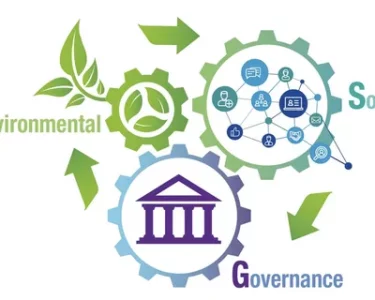In a resounding display of discontent, voters across the nation are increasingly expressing their restlessness with long-standing political incumbents. As the winds of change sweep the political landscape, citizens are growing weary of entrenched rulers and demanding fresh faces to lead them into the future.
The phenomenon of voter restlessness is not confined to a single region or country; it is a global sentiment that reflects a yearning for new perspectives, policies, and leadership. Traditional politicians who have held office for decades are now facing an unprecedented level of scrutiny and skepticism from their constituents.
One of the driving forces behind this voter unrest is a growing disillusionment with stagnant governance and the perceived lack of progress on critical issues. For years, promises of change have fallen short, leaving voters feeling disenchanted and marginalized. The failures of long-tenured rulers to effectively address pressing challenges such as income inequality, climate change, and social justice have eroded public trust and fueled the desire for fresh ideas and approaches.
The rise of social media and online platforms has played a pivotal role in amplifying voter discontent and organizing grassroots movements. The ability to disseminate information quickly and mobilize supporters has empowered citizens to challenge the status quo, giving rise to a new wave of political activism. Influential voices from diverse backgrounds are using social media platforms to highlight the shortcomings of entrenched rulers and demand greater accountability.
The 2022 elections witnessed the first tremors of this seismic shift in voter sentiment, with several long-term incumbents losing their seats to relative political newcomers. The message was clear: voters are no longer willing to settle for business as usual. They crave fresh faces who can bring innovative ideas and a renewed sense of purpose to the political arena.
However, it is important to note that not all entrenched rulers are facing universal condemnation. Some politicians with a track record of delivering tangible results and championing the interests of their constituents have managed to maintain their popularity. The key differentiating factor lies in their ability to adapt, evolve, and remain connected to the evolving needs of their communities.
As this groundswell of voter restlessness continues to gain momentum, political parties must take note and recalibrate their strategies. Ignoring the calls for change or dismissing them as mere fleeting sentiments would be a grave miscalculation. The future of governance depends on embracing fresh ideas, nurturing new talent, and cultivating a responsive and transparent political culture.
In conclusion, the restless mood among voters reflects a desire for change, as citizens grow tired of the status quo and yearn for new leaders who can address pressing challenges effectively. The rise of social media and online activism has amplified this sentiment, empowering citizens to demand greater accountability from long-standing politicians. The coming years will test the resilience of entrenched rulers and their ability to adapt to the changing political landscape. Only those who heed the call for change and genuinely connect with their constituents will succeed in navigating these turbulent times.




